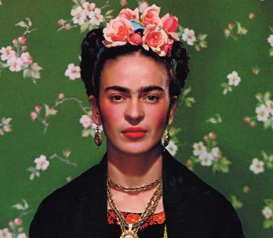Lección 3: La edad
To tell how old you are, you must you the verb tener, which means to have.
| Español | English |
|---|---|
| yo tengo | I have |
| tú tienes | you have, familiar |
| usted tiene | you have, formal |
| él/ella tiene | he/she has |
| nosotros/as tenemos | we have |
| vosotros/as tenéis | you all have, Spain |
| ustedes tienen | you all have |
| ellos/ellas tienen | they have |
| ¿Cuántos años tienes? (fam.) | How old are you? |
| ¿Cuántos años tiene usted? (pol.) | How old are you? |
| Tengo veinte años. | I am twenty years old. |
| Mi amigo tiene treinta y un* años. | My friend is thirty-one years old. |
Nota: In front of años use un and not uno.
Para ver más ejemplos, haz clic aquí y mira el video.
Use mayor and menor to tell who is older or younger.
| Español | English |
|---|---|
| Leticia tiene 28 años y Ximena tiene 30 años. Leticia es menor y Ximena es mayor. | Leticia is 28 and Ximena is 30. Leticia is younger, and Ximena is older. |
Los números 40– 2000
When giving the year, you will say the complete number. For example, 1810 would be mil ochocientos diez.
| Español | English |
|---|---|
| cuarenta | 40 |
| cincuenta | 50 |
| sesenta | 60 |
| setenta | 70 |
| ochenta | 80 |
| noventa | 90 |
| cien | 100 |
| ciento uno | 101 |
| doscientos | 200 |
| trescientos | 300 |
| cuatrocientos | 400 |
| quinientos | 500 |
| seiscientos | 600 |
| setecientos | 700 |
| ochocientos | 800 |
| novecientos | 900 |
| mil | 1000 |
| dos mil | 2000 |
To ask or tell when someone was born, you will use the following forms of the verb nacer.
| Español | English |
|---|---|
| ¿Cuándo naciste? (fam.) | When were you born? |
| ¿Cuándo nació usted? (pol.) | When were you born? |
| Nací en 1998. | I was born in 1998. |
| Frida Kahlo nació en 1907. | Frida Kahlo was born in 1907. |


